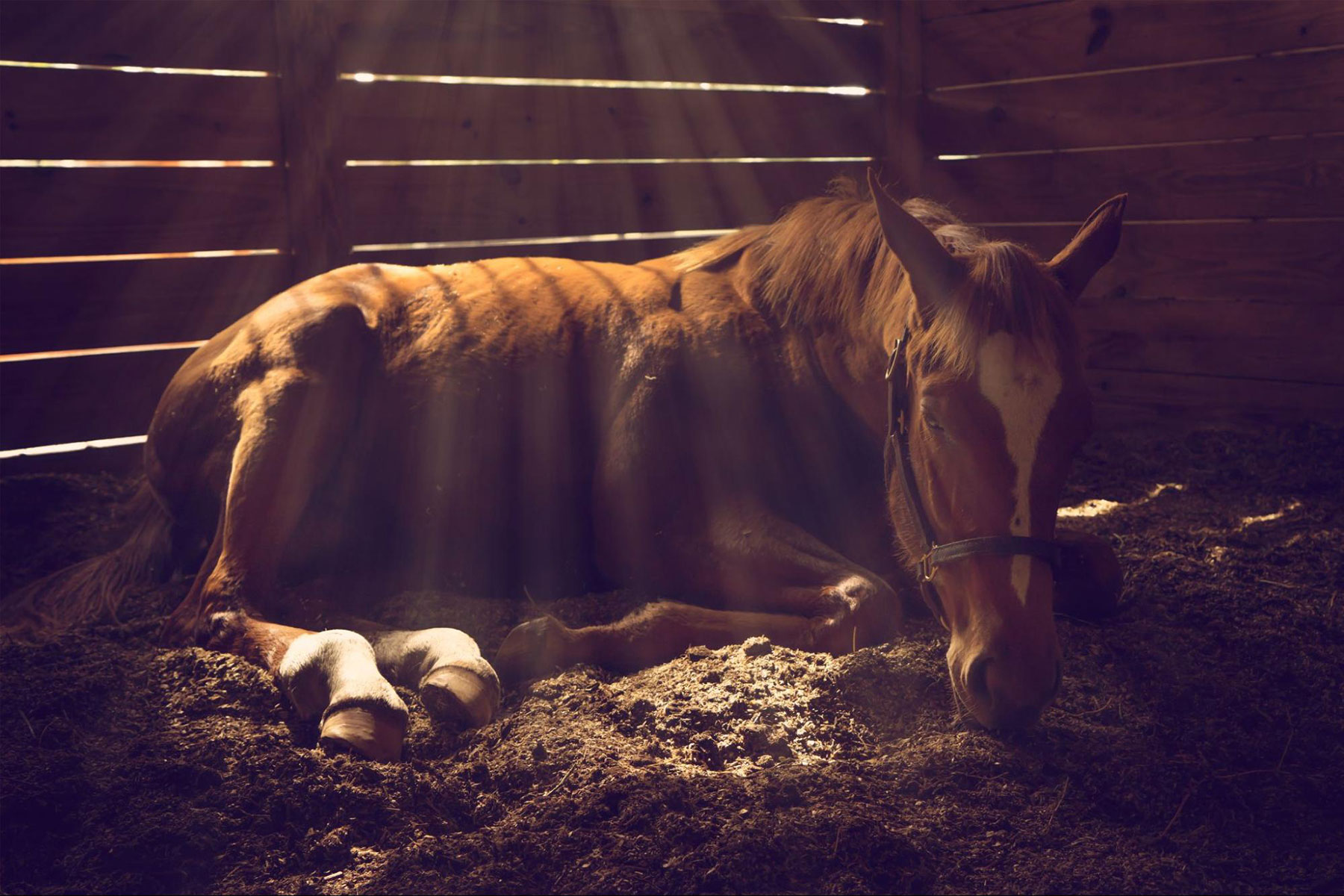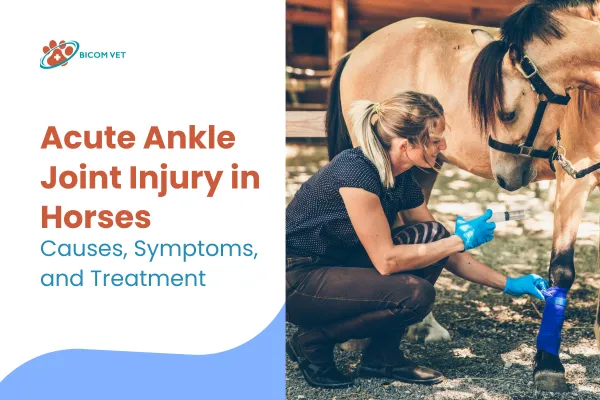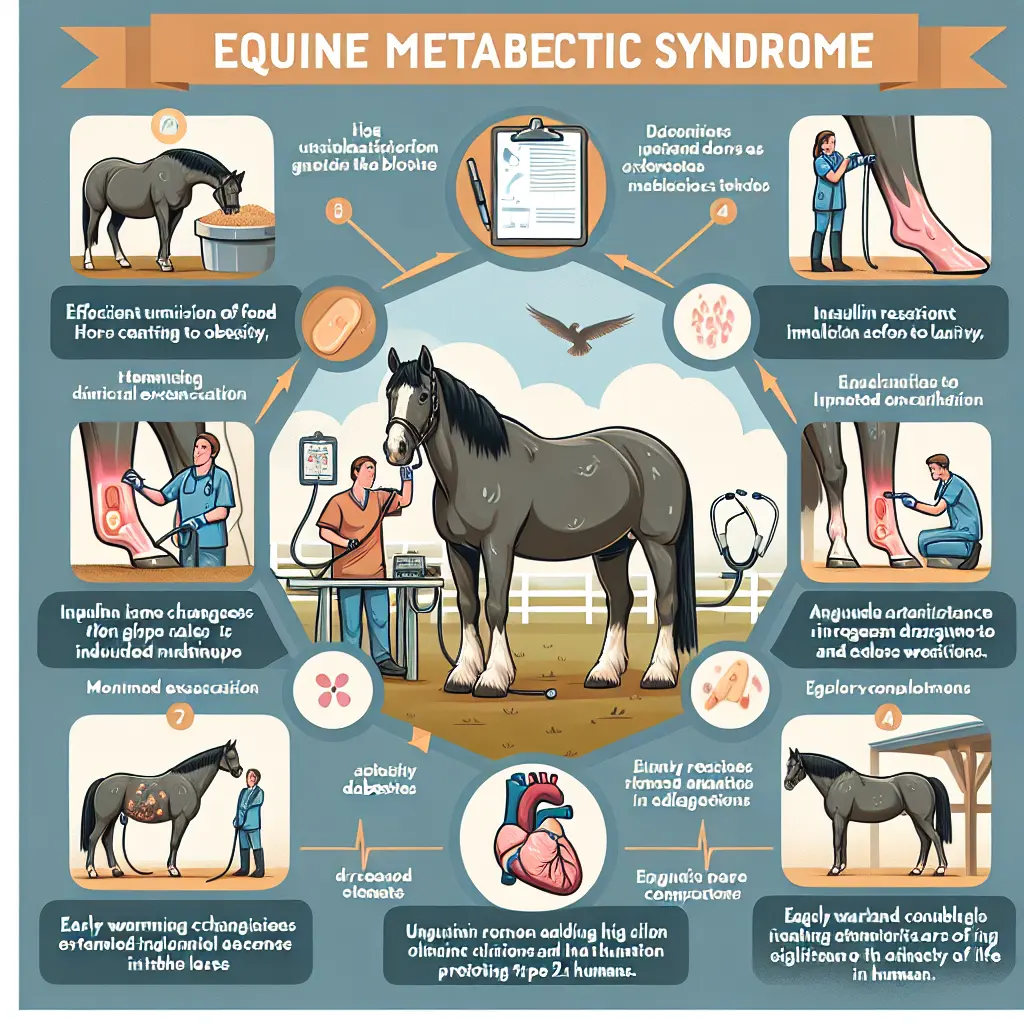Recognizing Signs of Illness in Horses

Horses are majestic creatures that often mask signs of illness until conditions become severe. Early recognition of health issues is crucial for timely treatment and recovery. This article provides a detailed guide to help horse owners and enthusiasts identify common signs of illness, understand their implications, and take appropriate action.
Common Signs of Illness in Horses

| Sign | Description | Possible Causes |
|---|---|---|
| Lethargy | Unusual tiredness or lack of energy | Infection, pain, metabolic issues |
| Loss of Appetite | Refusal to eat or reduced food intake | Dental problems, colic, stress |
| Weight Loss | Noticeable decrease in body weight | Parasites, chronic disease |
| Coughing | Persistent cough or nasal discharge | Respiratory infections, allergies |
| Changes in Behavior | Aggression, depression, or withdrawal | Pain, neurological issues |
| Abnormal Gait | Limping or difficulty moving | Injury, arthritis |
| Fever | Elevated body temperature | Infection, inflammation |
How to Monitor Your Horse’s Health
- Daily Observation: Spend time each day observing your horse’s behavior, eating habits, and physical condition.
- Check Vital Signs: Regularly measure temperature, pulse, and respiration rates.
- Inspect Physical Appearance: Look for swelling, wounds, or changes in coat condition.
- Monitor Manure and Urine: Changes in frequency, color, or consistency can indicate health problems.
When to Contact a Veterinarian
Recognizing when professional help is needed can save your horse’s life. Contact a vet if you notice:
- Persistent fever above 101.5°F (38.6°C)
- Severe or continuous colic symptoms
- Difficulty breathing or persistent coughing
- Sudden lameness or inability to stand
- Unexplained bleeding or wounds
- Neurological symptoms such as seizures or staggering
FAQ: Recognizing Signs of Illness in Horses
Q1: How often should I check my horse for signs of illness?
A: Ideally, daily checks are recommended to catch any early signs.
Q2: Can stress cause signs similar to illness?
A: Yes, stress can lead to changes in appetite, behavior, and even physical symptoms.
Q3: What are the first signs of colic?
A: Signs include restlessness, pawing at the ground, rolling, and lack of appetite.
Q4: How can I differentiate between minor and serious symptoms?
A: Minor symptoms may be temporary and mild, but persistent or worsening signs warrant veterinary attention.
Conclusion
Being vigilant and knowledgeable about your horse’s health can prevent serious complications. Early detection and prompt veterinary care are key to ensuring your horse remains healthy and happy. Regular monitoring, understanding common signs, and knowing when to seek help empower you to provide the best care possible.
By following these guidelines, you can confidently recognize signs of illness in horses and take timely action to maintain their well-being.
